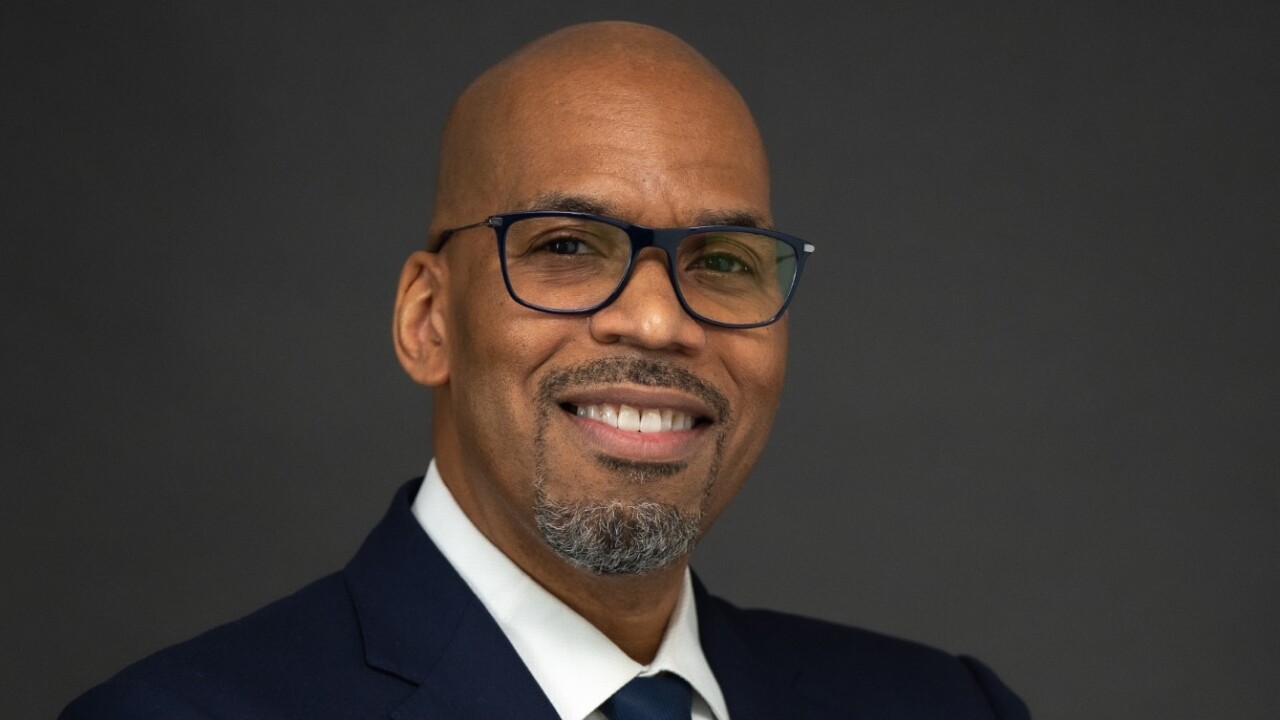When the CPA profession was born many years ago, we started as bookkeepers, tax preparers and auditors. We then evolved to meet the needs of our clients. The clients were mostly businesspeople and entrepreneurs whose primary job was to run their business and deliver a product or service to their customers.
The relationship between the clients and the CPA firm evolved to help these clients with more value-added services. These services were mostly advice, comradeship and trust in helping the clients better run and manage their business. For most of these business owners, it was lonely at the top, with no one to share their challenges and concerns with — and along came the CPA "Trusted Advisor."
Thus, the "Trusted Advisor" relationship came into being. I have been in the CPA profession closing in on five decades — as a practicing CPA, a "Trusted Advisor" to many clients (clients continue to call me for advice, even though it has been years since they were my clients), a managing partner for 27 years of one of the largest firms in the U.S., and now a consultant to the profession. I now focus on teaching up and coming how to lead and grow their firms.
All my roles and stops were great, but ultimately, being the "Trusted Advisor" did it for me. Many CPAs fill this role for their clients. When Sarbanes-Oxley came along, there was a concern that the legislation was designed to make the CPA independent, but the need to continue the "Trusted Advisor" role was so great that it continued, perhaps a bit under the radar. That is how most CPA firms grew and positioned themselves over the years.
Today, the industry is evolving, at a fast pace, from a relationship ("Trusted Advisor") to a transactional relationship (get the work done).
Why is this happening? There are not enough CPAs to fill the need, and many millennials prefer a traditional 9-5 job and relationships with their clients and firms. The amount of work continues to grow — regulations drive the need, and the amount of CPA talent to serve the need is diminishing in front of our eyes.
I had the opportunity to build and work at SS&G (my former firm) and then move on to BDO USA via our being acquired. At SS&G, our relationships with clients were relationship driven — "Trusted Advisor." Sarbanes-Oxley certainly influenced that as related to public work, and the quantity of work was staggering. The outcome is more of a transactional relationship with clients. There is so much work to be done and not enough homegrown CPAs, and over 50% of the firms in the industry rely on international outsourcing to get the work done.
It's easy to see, too, how the continued consolidation of the industry is growing billion-dollar firms that are more transactional in nature. In many ways, I view the large, consolidated firms as banks, with partners functioning as vice presidents, not as I did when I was a partner and a "Trusted Advisor."
There's no going back to the olden days. Large transactional CPA firms are imperative for getting the work done.
Is there still a place for the "Trusted Advisor?" I say yes, but providing that type of relationship to clients is very difficult due to the diminishing numbers of CPAs. and the diminishing desire on the part of those who are CPAs to maintain it.
Down the road, the availability of the "Trusted Advisor" relationship will wain as the numbers and desire of CPAs to provide these services continue to shrink.
Where do we go from here? The "Transactional CPA" firms will continue to thrive, consolidate, and grow — the country needs this to happen. The "Relationship CPA" firm will become a boutique and a luxury. Like all luxury items, these services will be in high demand and should charge a commensurate premium for these valuable services. This somewhat mirrors what is transpiring in the medical profession with the uprising of "concierge medicine" — where doctors limit their practice to provide high-end services to those willing to pay a premium.
I am hopeful that "Relationship CPA" firms understand this high value-service proposition. Maybe a "Concierge CPA" firm is in our future — but regardless of the direction, "Trusted Advisor" services should be priced and valued accordingly.





